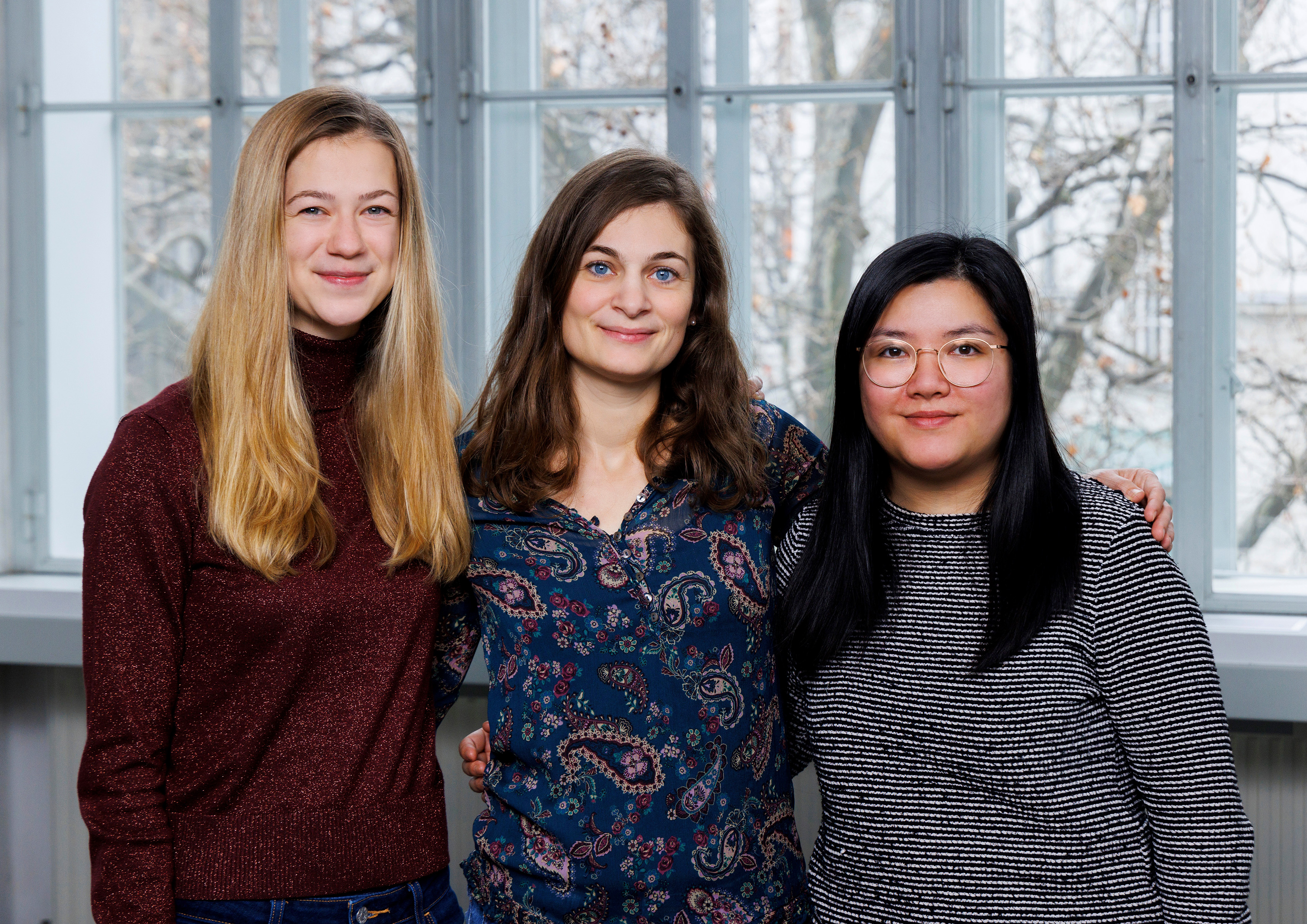Our team supports and manages multiple aspects of clinical research at the Division of Rheumatology.
Our daily research includes:
- Interdisciplinary work with research groups
- Data management of register-data and clinical trials
- Methodological support
- Statistical support for grant proposals, study planning and data analyses
Team members
As of January 2024.

Mag. Claudia Hana, PhD
Head of Data Science and Epidemiology TeamResearch interests
I am supporting the clinical research of our department with epidemiological and biostatistical expertise in all aspects of study planning, preparation of study protocol, mining, integration and analysis of data as well as statistical writing.
My research interest lies in exploring clinical as well as biological markers that explain outcomes of patients with rheumatic diseases using observational as well as clinical-trial data. In this respect, I am focusing on longitudinal, biostatistical models to gain further understanding of how the disease-history of patients contributed to their present state of disease. Another focus of my work is to develop models that describe the genetic liability of patients towards rheumatic diseases.

Thi Lan Vi Tran, M.Sc.
Data ScientistResearch interests
I integrate clinical data from multiple databases and contribute to the development of our in-house databases. I have expertise in data mining and provide harmonised and processed data to internal and external collaborators. Furthermore, I support clinicians with data analysis.

Marlene Steiner, M.Sc.
Data ScientistResearch interests
I process and unify clinical trial datasets of rheumatic diseases and thereby expand our database. I also provide support to clinicians through data analysis. Finally, using my expertise in statistical modeling and machine learning, I detect intricate patterns within data structures, contributing to advances in medical research.
Publications highlights
Tenderness and radiographic progression in rheumatoid arthritis and psoriatic arthritis.
In this study, we used a logistic mixed-effect approach to model the association between tenderness and radiographic progression at an individual joint-level.
Multiparametric Prediction Models for Coronavirus Disease 2019 Vaccine Selection: Results of a Comparative Population-Based Cohort Study.
In this study, we identified patient-dependent parameters that allow anticipate future humoral immune response to different Coronavirus-vaccination strategies.
Collaborations & Funding
- Our team is an active member of the European consortium “Squeeze”. We collaborate with Leiden University Medical Center (Netherlands), Diakonhjemmet sykehus AS (Norway), Karolinska Institutet (Sweden), Queen Mary University of London (UK), Humanitas Research Hospital (Italy) to squeeze the most out of existing drugs by integrating different European rheumatoid arthritis datasets.
- Our team is also a member of the European consortium “Strata-Fit”. We collaborate with Universitair Medisch Centrum Utrecht (Netherlands), Karolinska Institutet (Sweden), Medical Data Works (Netherlands), Instituto de Medicina Molecular João Lobo Antunes (Portugal) and Ludwig-Maximilians-Universitaet Muenchen (Germany) to identify Difficult-to-treat rheumatoid arthritis across different European cohorts.
- We collaborate on a regular basis with the team of Matthew Brown (Department of Medical & Molecular Genetics/Kings’s College, London, UK) as part of the “Susceptibility for Transition of Progression to Psoriatic Arthritis (STOP-PsA) trial”
Our team is funded with the contributions from the City of Vienna and the Horizon Europe Grants SQUEEZE and STRATA-FIT.

